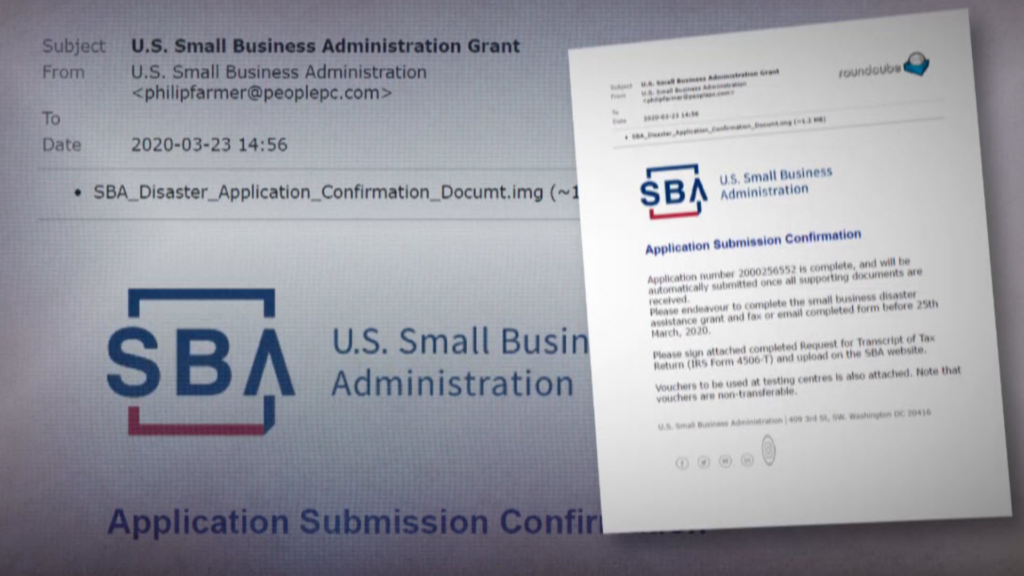
COVID-19 Scams Total over $13M in Loss
Since the beginning of the COVID-19 pandemic, we’ve seen a lot scammers using the pandemic to their advantage. From attacks on the health care industry, to phishing campaigns impersonating the CARES Act small business loan program, online scammers are out in full force to exploit of our fear and confusion. So it’s not surprising to see the Federal Trade Commission confirm that COVID-19 scams are on the rise.
But what is surprising is that those scams have already resulted in $13.44 million in fraud loss since January. This morning the FTC released updated data relating to COVID-19 scams reported to their agency. Here are a few key points from the new data:
- Since January, there are been over 18,000 reports made to the FTC about COVID-19 related scams.
- 46% of scams reported resulted in the victim losing money.
- The most common form of fraud involve scammers impersonating travel and vacation companies such as airlines and hotels. Online shopping companies are also a large source of fraud. Many report that fake businesses are selling high-demand cleaning and medical products that simply never arrive after you pay for them.
- A lot of scammers are also pretending to be the government. In many cases, this involves asking the victim to report personal and financial information to receive their stimulus check.
- Robocalls are back on the rise. Last year, we finally started to see a decline in the number of robocalls. However, those numbers are starting to rise again as scammers use the COVID-19 crisis to commit fraud or illegally gain personal information.
What You Should do
While we are certainly going through an unprecedented and confusing time, it’s important that you stay alert online for COVID-19 scams. If a person or businesses calls, texts, or emails you asking for money or personal details, make sure you know exactly who you are talking to. Here are a few tips to stay safe online:
- If you ever receive a random call claiming to be from the government asking for payment, hang up. The government will never call out of the blue to ask for financial or other personal information.
- When doing online shopping, google reviews of the company first to see if people are getting their products.
- If you get an email from a known company or friend asking or money, look carefully at the email address and URL in the email to make sure they are legitimate.
- If you aren’t sure if something is a scam or not, try googling it or even looking on Twitter. In many cases, scammers will send the same message out to a lot of people, so you may find some helpful stranger warning you not to fall for it.
Above all else, it’s important to practice good digital awareness everywhere online. Be skeptical of what you are seeing and reading. Follow up. Look for others online who can confirm what you’re seeing is real. Scammers rely on us making split decisions, so just taking an extra minute to confirm something is real could end up saving you money.


